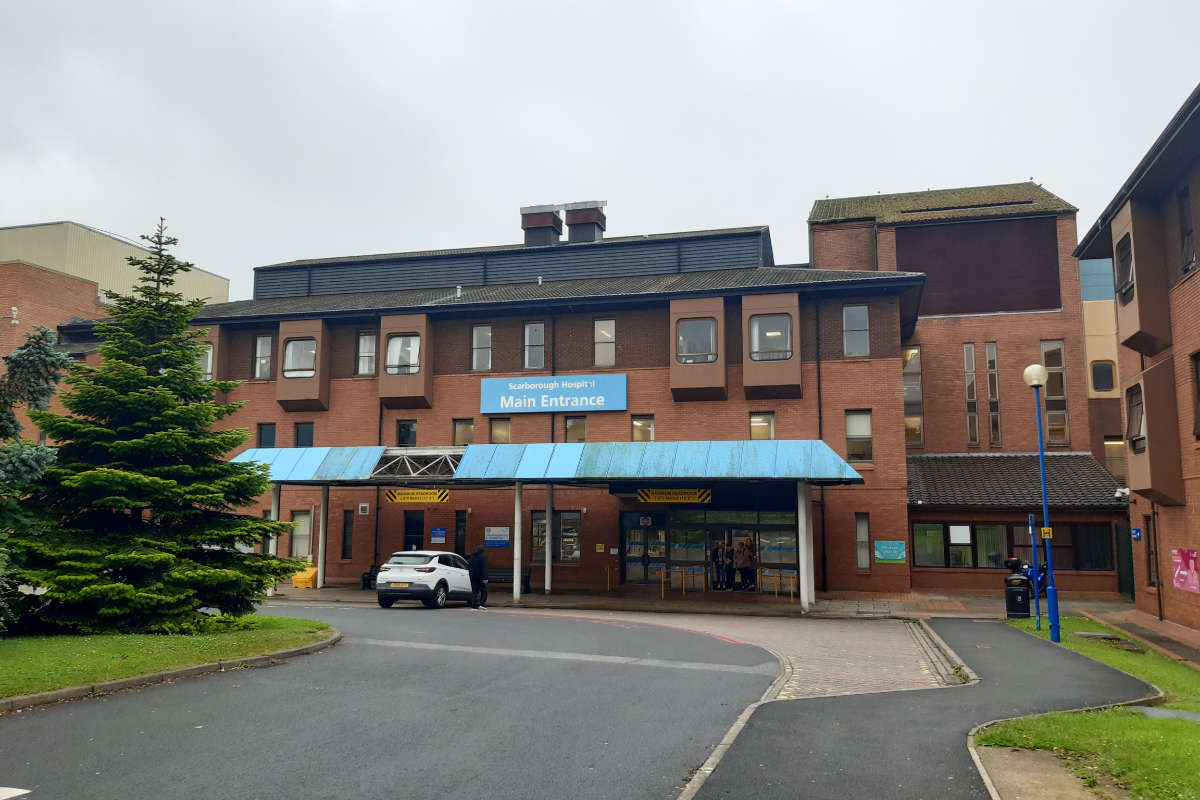
Concerns have been raised regarding the high incidence of missed hospital appointments among residents in the most deprived areas near Scarborough Hospital.
Data has revealed that residents in deprived coastal areas living within three miles of Scarborough Hospital have the highest rate of non-attendance.
Local Councillors have expressed their shock and concern at this NHS data. Councillor Liz Colling stated,
"Obviously the NHS trust is concerned about a clinic that is booked up but only five people attend".
She also raised concerns about individuals who go through the process of visiting a GP and getting a hospital referral but then do not attend their specialist appointment.
Councillors on North Yorkshire Council's Scarborough and Whitby Area Committee have been discussing teh issues with the local NHS. Chair of teh Committee - Liz Colling - says communication might be part of teh problem.
Councillor Colling highlighted the importance of understanding why individuals are not attending their appointments, noting that their unmet health needs will likely persist and could worsen over time. "If we don’t understand why it is that they have an unmet health need that isn’t going to go away, then they are going to reappear at a later date when their situation has deteriorated,” she said.
Simon Morritt, chief executive of the York and Scarborough Teaching Hospitals NHS Foundation Trust has suggested that
"we may need to think differently about how we communicate with those families because text messages may not be enough and there may be other mechanisms for us to use”.
Councillor Colling says potential reasons for the high non-attendance rates in deprived areas are being considered, including transport issues
To gain a better understanding of the reasons behind the ‘do not attend’ (DNA) rates, councillors agreed to hold a special seminar with health bosses.
Gary Hardcastle, the trust’s head of business intelligence and insight, reported that the average rate of patients not attending appointments across the trust’s sites was around five per cent, which is considered good nationally. He also noted the positive impact of text message reminders, stating,
It was nice to see that when text message reminders were implemented there was a real shift in our proportion of non-attendance moving from seven per cent to below five per cent and we have actually maintained that lower percentage”.
However, Mr Hardcastle highlighted that the most deprived coastal areas served by Scarborough Hospital have a significantly higher DNA rate of 6.6 per cent for in-person appointments. He also noted that
"the majority of the people in the most deprived areas actually live within three miles of Scarborough Hospital".
The data focused on East Coast residents with face-to-face appointments at Scarborough Hospital.




 Survey Says Bridlington Healthcare Experiences "By No Means Positive"
Survey Says Bridlington Healthcare Experiences "By No Means Positive"
 Yorkshire Coast Attraction Offers Zoo Poo to Local Gardeners
Yorkshire Coast Attraction Offers Zoo Poo to Local Gardeners
 Over 2,300 Fans Sign Scarborough 3G Pitch Petition
Over 2,300 Fans Sign Scarborough 3G Pitch Petition
 Work Starts on New Sheltered Housing Scheme in Driffield
Work Starts on New Sheltered Housing Scheme in Driffield
 Appeal After Girl Sexually Assaulted on Whitby Bus
Appeal After Girl Sexually Assaulted on Whitby Bus
 Council Defers Filey Bar’s Licence Application Over ‘Insufficient’ Information
Council Defers Filey Bar’s Licence Application Over ‘Insufficient’ Information
 Scarborough's MP Seeking Solution to Scarborough Athletic Pitch Problems
Scarborough's MP Seeking Solution to Scarborough Athletic Pitch Problems
 Scarborough's Rainbow Centre Food Bank Faces Mounting Pressure Amid Cost of Living Crisis
Scarborough's Rainbow Centre Food Bank Faces Mounting Pressure Amid Cost of Living Crisis
 Help Offered for Victims of Stalking On the Yorkshire Coast
Help Offered for Victims of Stalking On the Yorkshire Coast
 Large Crowd Cheer Scarborough Onto Victory Amid Uncertainty Over Future.
Large Crowd Cheer Scarborough Onto Victory Amid Uncertainty Over Future.
 Whitby Town Secure Safety With Fourth Straight Win
Whitby Town Secure Safety With Fourth Straight Win
 Anti Social Behaviour Operation in Filey Yields Results
Anti Social Behaviour Operation in Filey Yields Results








Comments
Add a comment